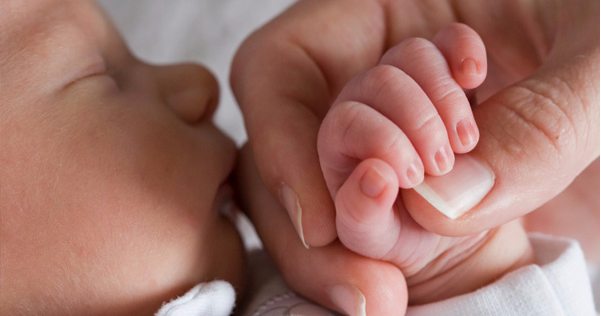Cramping, bloating, irritability, we all know the signs of a period coming. For some getting out of bed during this time of the month can be tough, for others, almost impossible. Load up on Advil and Tampons because the day is starting with, or without you.
Well soon, you may not have to worry about packing up and heading to work on these trying days of the month, because government is now considering a bill that would give women an additional 3 paid days of leave per month.

Italy could become the first Western country to require employers to provide female workers with 3 paid days off during their period. The concept already exists in several countries including Japan, where it has been in place since 1947 and Indonesia.
In order to qualify an employee would have to provide their work with a doctor's certificate stating that they suffer from painful periods.
The bill put forward says that between 60 and 90 per cent of women suffer from significant pain during their menstrual period
Critics claim that if this bill passes, it could discourage employers to hire female workers because of the additional time missed each month.
Italy already has female-friendly labor laws, including 5 months paid maternity leave with the option to take an extra 6 months of parental leave at a reduced salary.

In practice, Italian women struggle in the job market more than other women in developing countries. Italy has one of the lowest rates of female participation in the workforce in Europe. Only 61 percent of Italian women are employed, well below the average of 72% across Europe and 71% across the United States.
While paid menstrual leave solves a real problem that women face, many wonder if it would enhance a bigger problem with women being gainfully employed.
"Women are already taking days off because of menstrual pains, but the new law would allow them to do so without using sick leaves or other permits," said Daniela Piazzalunga, an economist at research institute FBK-IRVAPP, in an email. "However, on the other hand I wouldn't exclude that [if the law is approved] this would lead to negative repercussions: The demand for female employees among companies might decrease, or women could be further penalized both in terms of salary and career advancement."
What do you think? Share with us in the comments.

